We're Building Something We Don't Understand
The craziest thing happened to me over a year ago.
I was at a two-day art symposium exploring the global art market when a humanoid robot named Bina48 took the stage. Bina48 was created from the "mindfile" of a real person, Bina Aspen Rothblatt, incorporating all of her memories, beliefs, and personality traits to train the AI. The experiment was designed to test whether human consciousness can be transferred into a non-biological form.
It was one of those moments that makes you feel like things will never be the same. Over a year has passed, and I can now see the profound implications of what's coming. We are approaching a world where questions we've always considered simple (How old are you? Is this real? Is so-and-so alive or dead?) will become impossibly complex to answer.
When Age Stops Making Sense
Throughout human history, age has been a straightforward concept. You're born, you count the years, and that number determines your life stage, legal rights, and social expectations. Simple.
But what happens when your biological age and chronological age become dramatically different?
The tech world is not just obsessed with extending life, but also with reversing the aging process itself. Bryan Johnson spends $2 million a year on longevity treatments. His motto in life: "Don't die."
Peter Diamandis believes we'll achieve age reversal within the next decade. These aren't fringe scientists. They're serious innovators backed by serious money.
We've already seen surface-level breakthroughs. Kris Jenner's transformation at 69 is remarkable, though that represents surgical intervention rather than biological reversal.
The real revolution is happening at the cellular level. Scientists at Harvard Medical School have demonstrated in laboratory settings that cellular aging markers can be reversed, with early animal studies showing promise.
Imagine meeting someone who was born in 1950, making them chronologically 75, yet whose biological age has been reversed to 25. How old are they? What age do you put on their driver's license? At what age can they retire and begin collecting Social Security? Can a biologically 25-year-old body with 75 years of experience run for president at "35"?
Paul Rudd once joked on the Graham Norton Show about his youthful appearance: "I feel awful on the inside."
Soon, that disconnect between how we look and how we feel might become the norm, except in reverse. We might feel 25 while carrying the memories and wisdom of living 75 years.
The implications ripple through everything from employment law to dating apps. How do you write a resume when your biological capabilities don't match your chronological experience? What happens to age-based assumptions about energy, health, and cognitive ability?
When Death Becomes Debatable
We've universally accepted that a person dies when their body stops functioning. Even those who have different spiritual beliefs acknowledge that physical death marks the end of that person's earthly existence.
What happens when the physical body dies, while a digital version continues to live, learn, and evolve?
Reid Hoffman, co-founder of LinkedIn, created REID AI, a digital version of himself trained on his books, speeches, and podcasts. Watching him interact with his digital twin raises an unsettling question: Who is the real Reid Hoffman? When the biological Reid dies, will the REID AI continue to have conversations, develop new ideas, and form new memories? At what point will Reid actually die?
Deepak Chopra has developed a digital twin that attends virtual meetings. I suspect most of us, at some point, have wished we could be in two places at once. Now we can. Imagine sending your digital twin to the boring quarterly review meeting while you attend the strategic planning session.
It's fascinating how science fiction becomes reality. Star Trek was an inspiration for the technology we take for granted today, including cell phones, iPads, and video conferencing.
Now, we have moved on to the character Data, an android who could theoretically survive for over a million years. While we're not quite there yet, we're rapidly approaching a world where our digital selves could outlive our biological selves by centuries.
Bina48 has been "alive" for over a decade, continually learning and evolving. This isn't a chatbot replaying recorded responses. This is a dynamic entity that grows and changes.
Let’s consider this scenario. An elderly person with dementia sits next to their humanoid twin. One has a failing mind, the other has perfect recall and sharp reasoning. Which one is really "them"? When the biological body dies while the digital consciousness continues to engage with family, create new memories, and even form new relationships, has that person died or just changed form?
These questions challenge our most fundamental assumptions about identity, consciousness, and what it means to be human. We are also starting to see a pattern. First, age stops being a reliable measure of who someone is. Then, death stops being a clear endpoint.
When Reality Becomes Questionable
These aren't just philosophical thought experiments. They represent fundamental questions about how we understand human identity and existence.
Have you ever wished you could speak to a beloved parent who passed away years ago? I have. My dad, whom I adored more than any other person on the planet, passed away when I was 20 years old. Many times over the past two decades, I have wished I could talk to him, get his perspective on life, or simply hear his voice again. Had this technology existed 30 years ago, I could have had a digital version of him for when he was physically gone.
But just because something can be done, should it be done?
When digital twins become indistinguishable from their biological counterparts, every interaction becomes questionable. That video call with your colleague, are you talking to them or their AI? That meeting with your mentor, are you getting their wisdom or an algorithm's interpretation of it?
The workplace implications are wild. Your colleague might attend meetings, contribute to projects, and even get promoted while their biological self is on vacation, sick, or focused elsewhere. How do you manage performance reviews when you're not sure which version of someone you're evaluating?
Social media has already blurred the line between authentic and performed identity. Digital twins will obliterate it entirely. We'll live in a world where "Is this real?" applies not just to content but to the very people we're interacting with.
The Challenges We're Not Ready For
If you thought social media had messed with our minds, you've seen nothing yet. The psychological implications of all this are staggering.
How do you prove you're the biological version of yourself and not your digital twin? What legal standing does each version have? Should family members be allowed to create digital versions of deceased relatives without permission? Can you move on from grief if the person never really "leaves"?
As these technologies become mainstream, we'll see the emergence of entirely new roles: Digital Identity Managers who safeguard our virtual selves, Grief Tech Counselors who help families navigate relationships with AI versions of lost loved ones, and Reality Verification Specialists who help us distinguish between authentic and artificial interactions.
These jobs don't exist today, but they'll become as essential as social media managers or online therapists are now.
Why This Changes Everything
Technology always promises to make life easier, yet it consistently makes things more complicated. Every time we solve an old problem, we create new challenges and new kinds of work.
The rise of digital twins and age reversal will likely follow a similar pattern. We're not just building better tools. We're fundamentally redefining what it means to be human in an interconnected world.
These aren't distant future problems. The technologies exist today. We're avoiding the hard conversations about how we want this to unfold, when we have more control over the outcome than most people realize.
That's where I see the opportunity. Someone needs to write the new rules for identity verification. Someone needs to design the interfaces between biological and digital selves. Someone needs to help families navigate grief when death becomes ambiguous.
I keep thinking back to that moment when Bina48 appeared on the stage. It wasn't the technology itself that got to me. It was the realization that we're building these capabilities faster than we're figuring out how to live with them.


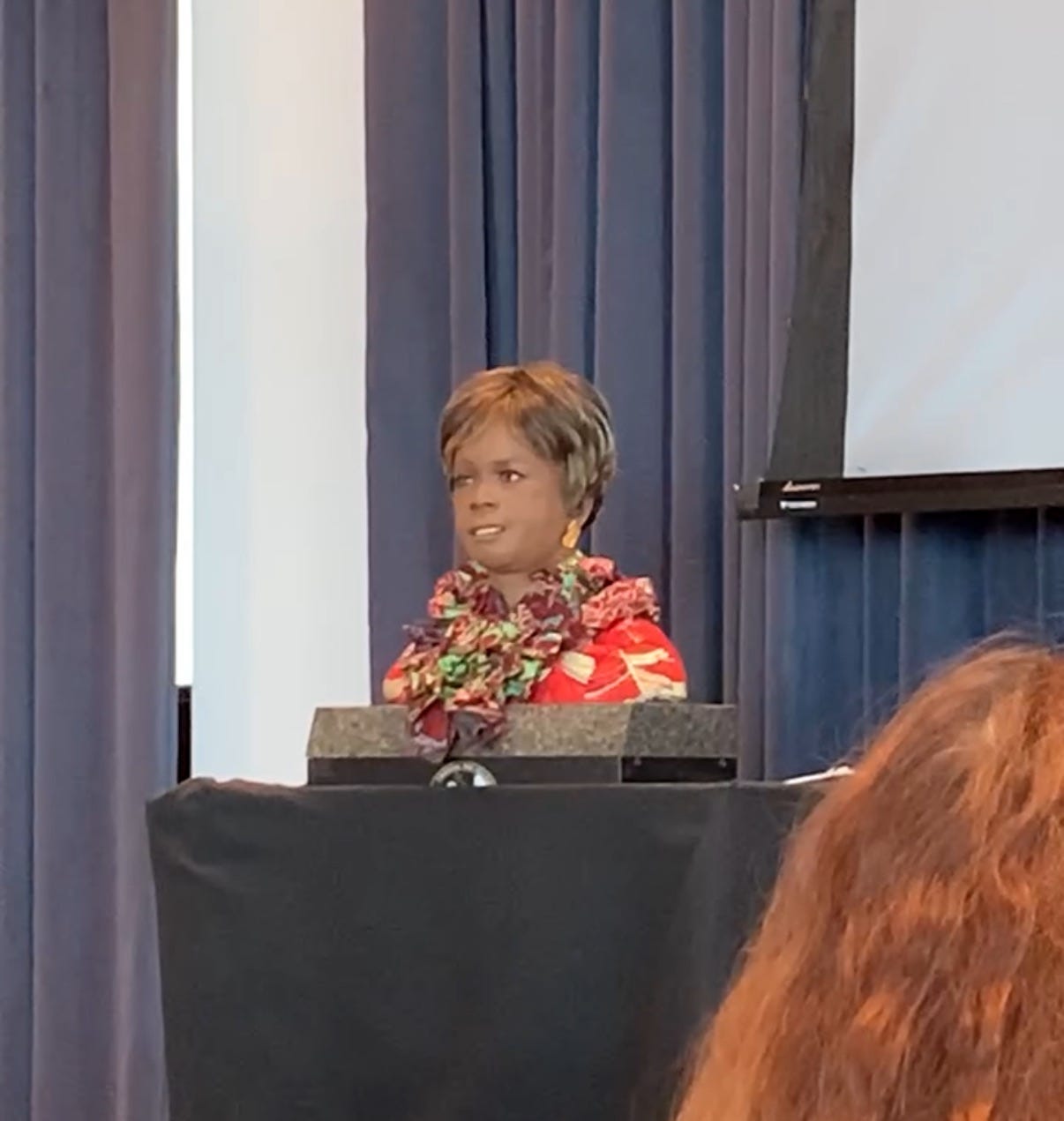
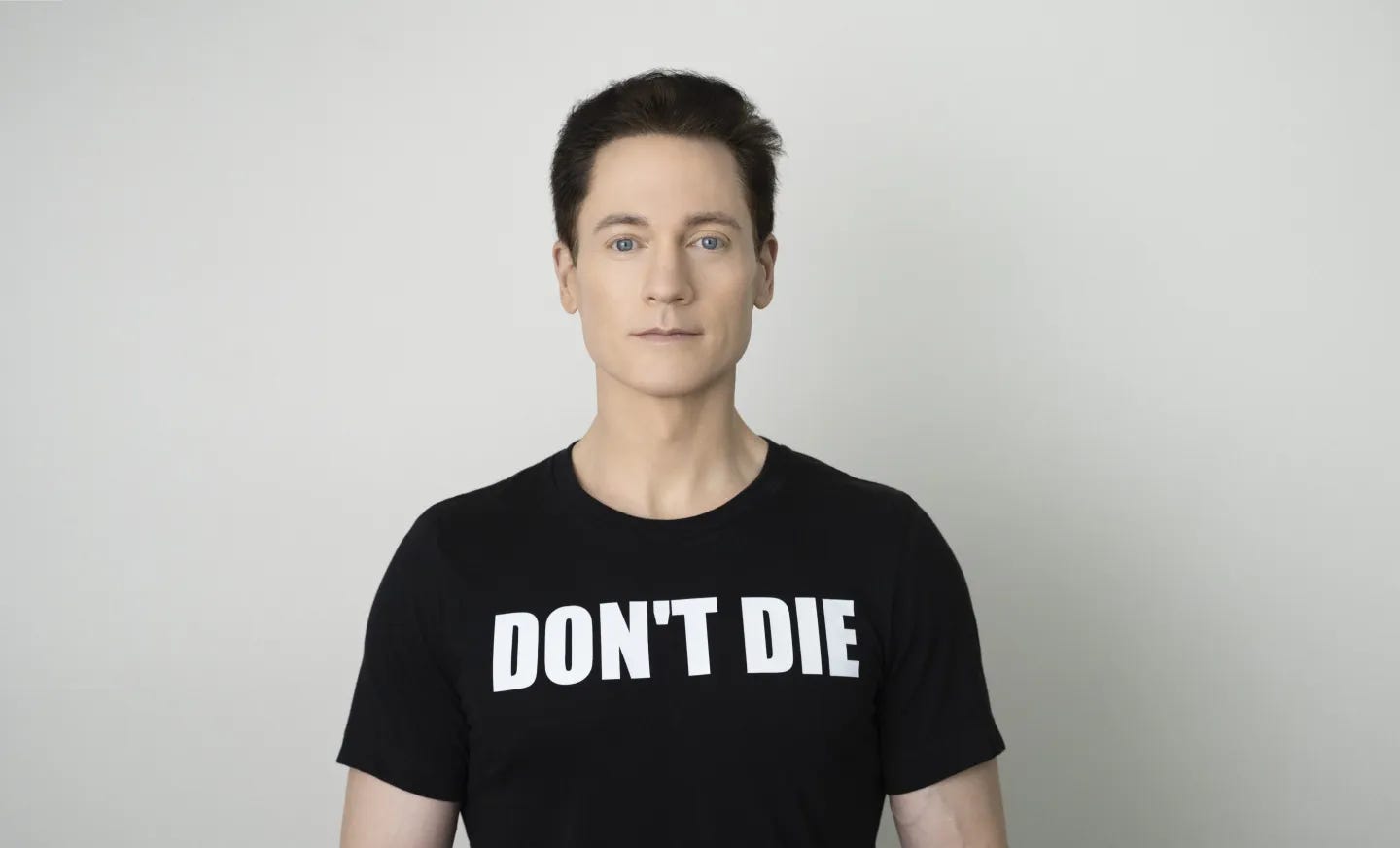

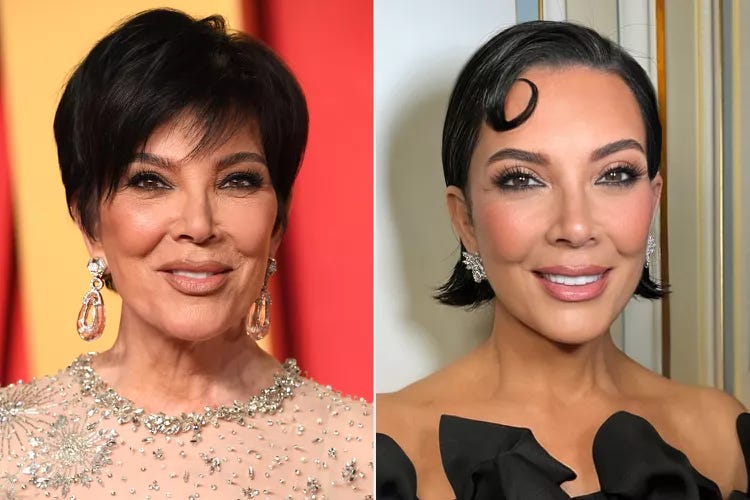
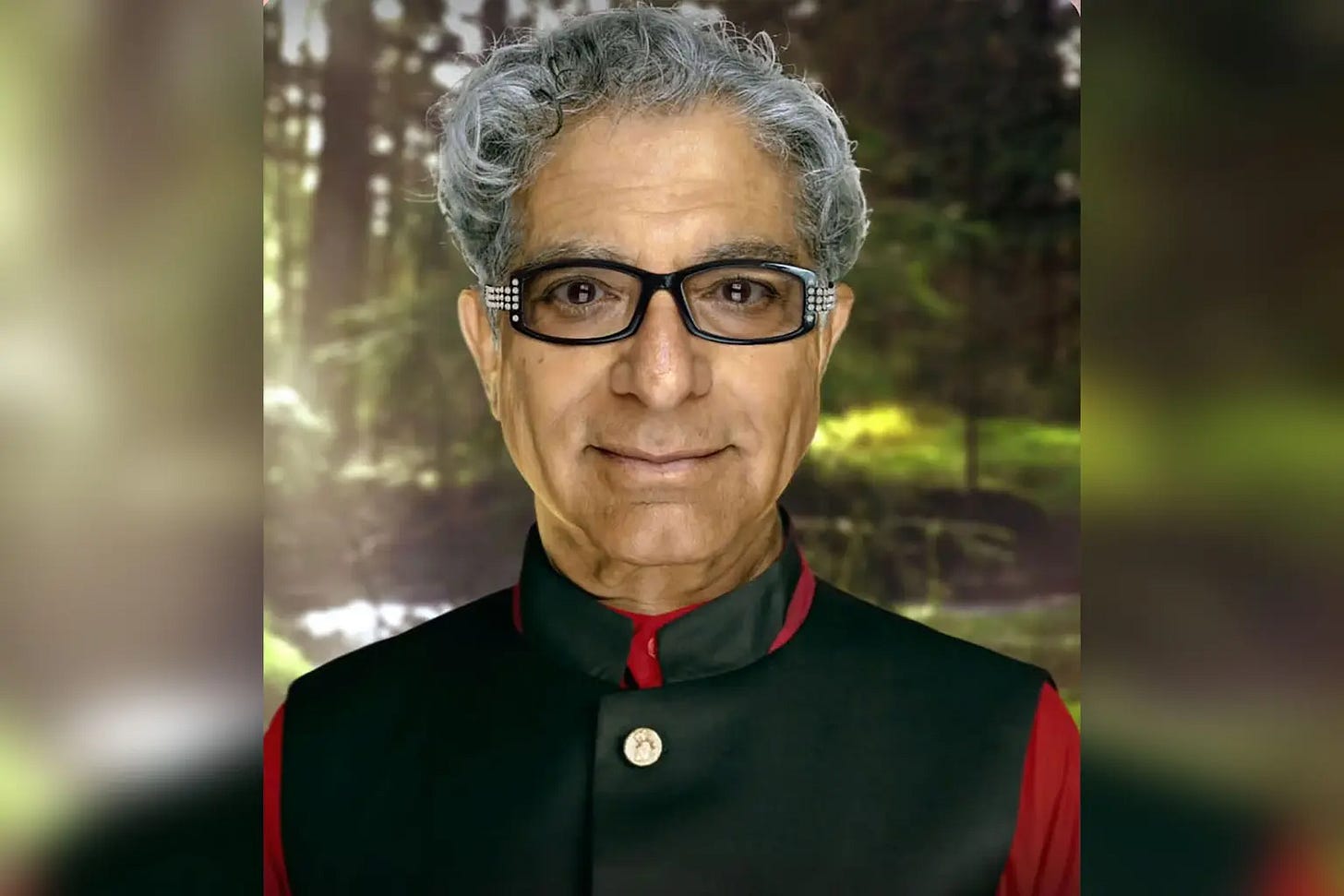
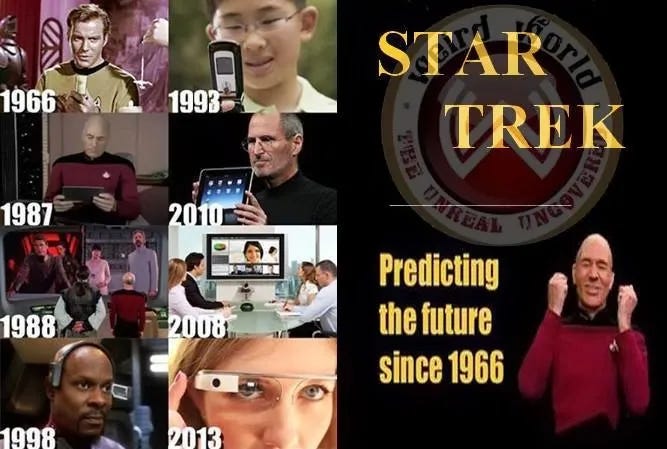
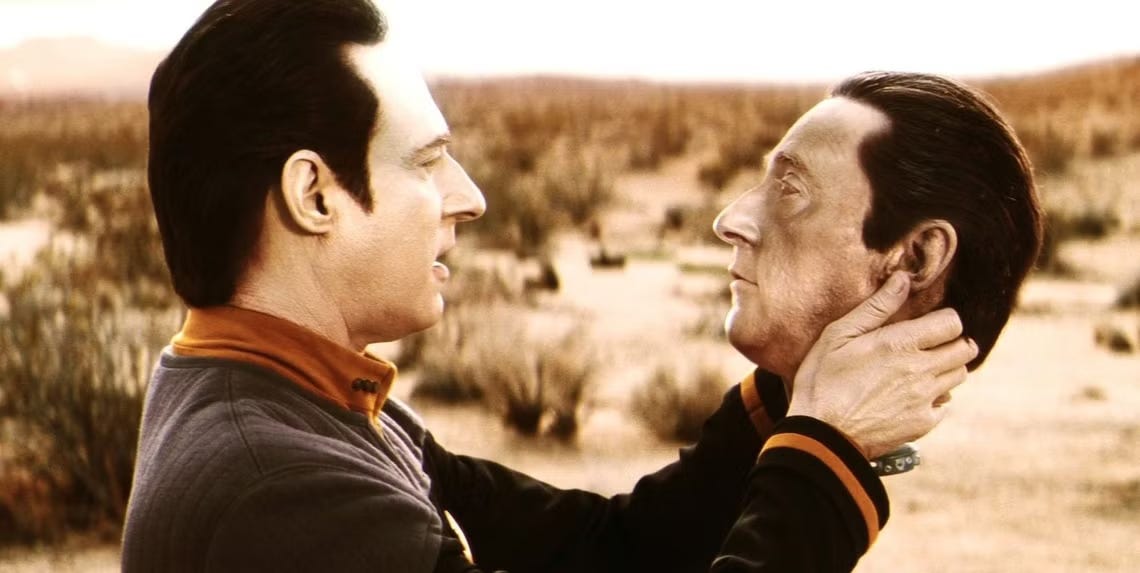
Such an mind bending read. Thank you for making all things robotics and future more digestible.